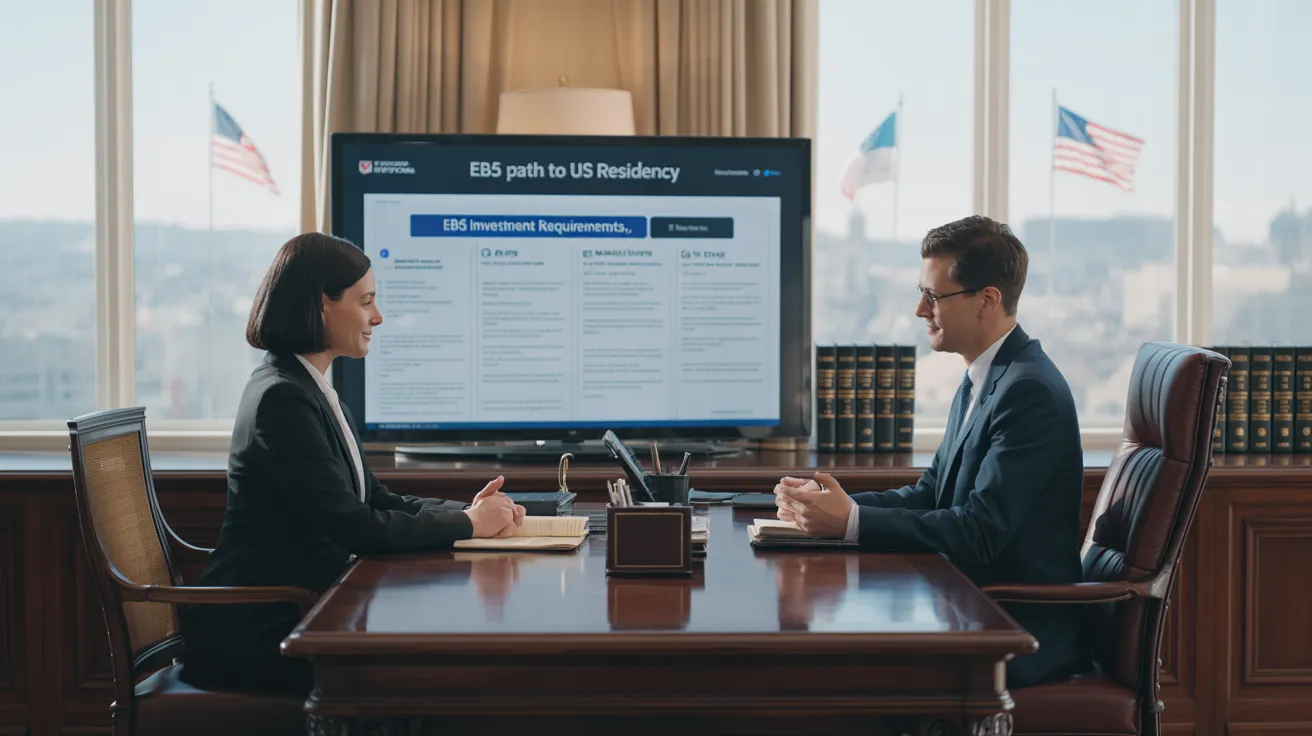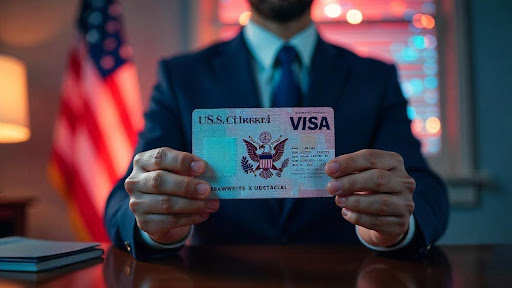L1 Visa Things To Know Before You Get This
Table of ContentsThe smart Trick of L1 Visa That Nobody is DiscussingSome Of L1 VisaSome Known Factual Statements About L1 Visa Fascination About L1 VisaSome Known Details About L1 Visa About L1 Visa
Available from ProQuest Dissertations & Theses International; Social Science Costs Collection. (2074816399). (PDF). Congress. (PDF). DHS Office of the Examiner General. (PDF). (PDF). "Nonimmigrant Visa Data". Recovered 2023-03-26. Division of Homeland Protection Workplace of the Assessor General, "Testimonial of Susceptabilities and Potential Abuses of the L-1 Visa Program," "A Mainframe-Size Visa Technicality".

U.S. Department of State. Retrieved 22 August 2016. "Workers paid $1.21 an hour to install Fremont technology firm's computer systems". The Mercury News. 2014-10-22. Retrieved 2023-02-08. Costa, Daniel (November 11, 2014). "Obscure short-term visas for foreign tech workers dispirit wages". The Hillside. Tamen, Joan Fleischer (August 10, 2013). "Visa Owners Replace Workers".
Some Ideas on L1 Visa You Need To Know
In order to be eligible for the L-1 visa, the foreign business abroad where the Beneficiary was utilized and the U.S. business should have a certifying relationship at the time of the transfer. The various kinds of qualifying partnerships are: 1. Parent-Subsidiary: The Parent suggests a firm, corporation, or various other lawful entity which has subsidiaries that it possesses and manages."Subsidiary" implies a company, corporation, or various other legal entity of which a moms and dad has, directly or indirectly, more than 50% of the entity, OR owns less than 50% however has monitoring control of the entity.
Instance 1: Company A is included in France and uses the Recipient. Business B is integrated in the U.S. and intends to request the Beneficiary. Company A has 100% of the shares of Business B.Company A is the Parent and Business B is a subsidiary. For that reason there is a qualifying partnership between both companies and Company B should have the ability to fund the Beneficiary.
Company An owns 40% of Company B. The remaining 60% is owned and regulated by Company C, which has no relation to Business A.Since Firm A and B do not have a parent-subsidiary partnership, Company A can not fund the Recipient for L-1.
Firm A has 40% of Company B. The staying 60% is possessed by Firm C, which has no relation to Company A. Nonetheless, Firm A, by formal contract, controls and complete handles Company B.Since Business A possesses less than 50% of Business B however manages and regulates the company, there is a certifying parent-subsidiary relationship and Firm A can fund the Recipient for L-1.
7 Easy Facts About L1 Visa Shown
Affiliate: An affiliate is 1 of 2 subsidiaries thar are both owned and controlled by the very same parent or individual, or owned and controlled by the exact same team of people, in essentially the click here same ratios. a. Example 1: Company A is incorporated in Ghana and utilizes the Recipient. Business B is integrated in the U.S.
Business C, additionally incorporated in Ghana, has 100% of Business A and 100% of Firm B.Therefore, Firm A and Business B are "affiliates" or sister companies and a certifying connection exists between the two firms. Company B ought to have the ability to fund the Recipient. b. Example 2: Firm A is integrated in the U.S.
Firm A is 60% had by Mrs. Smith, 20% had by Mr. Doe, and 20% had by Ms. Brown. Company B is included in Colombia and presently utilizes the Recipient. Company B is 65% had by Mrs. Smith, 15% owned by Mr. Doe, and 20% had by Ms. Brown. Company A and Firm B are affiliates and have a qualifying connection in 2 different means: Mrs.
The L-1 visa is an employment-based visa classification established by Congress in 1970, enabling international firms to transfer their managers, execs, or key personnel to their U.S. operations. It is commonly referred to as the intracompany transferee visa.

Furthermore, the recipient should have operated in a supervisory, executive, or specialized worker setting for one year within the three years coming before the L-1A application in the international business. For new office applications, foreign employment needs to have been in a managerial or executive ability if the beneficiary is involving the USA to work as a supervisor or executive.
Our L1 Visa Statements

If provided for an U.S. business operational for more than one year, the first L-1B visa is for as much as 3 years and can be expanded for an additional two L1 Visa law firm years (L1 Visa). On the other hand, if the united state firm is recently developed or has actually been functional for much less than one year, the preliminary L-1B visa is released for one year, with extensions readily available in two-year increments
The L-1 visa is an employment-based visa classification developed by Congress in 1970, enabling multinational companies to move their managers, executives, learn more or crucial workers to their U.S. operations. It is commonly referred to as the intracompany transferee visa.
The Ultimate Guide To L1 Visa
Furthermore, the beneficiary needs to have operated in a managerial, exec, or specialized worker setting for one year within the three years coming before the L-1A application in the foreign company. For brand-new workplace applications, international work must have remained in a supervisory or executive capacity if the recipient is coming to the USA to function as a manager or executive.
for up to seven years to manage the procedures of the U.S. affiliate as an exec or manager. If provided for an U.S. company that has actually been functional for greater than one year, the L-1A visa is originally given for approximately three years and can be extended in two-year increments.
If approved for a united state company operational for greater than one year, the preliminary L-1B visa is for approximately 3 years and can be extended for an added 2 years. On the other hand, if the united state business is newly established or has been operational for less than one year, the preliminary L-1B visa is issued for one year, with expansions offered in two-year increments.
Comments on “L1 Visa Explained”